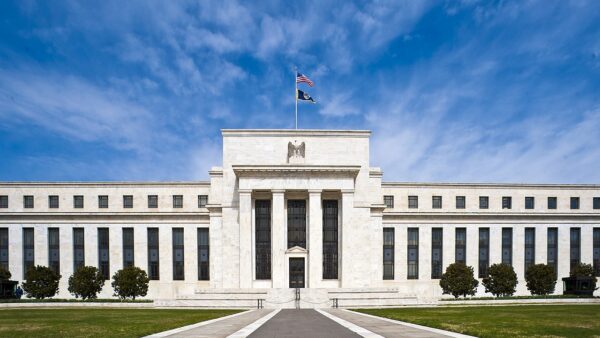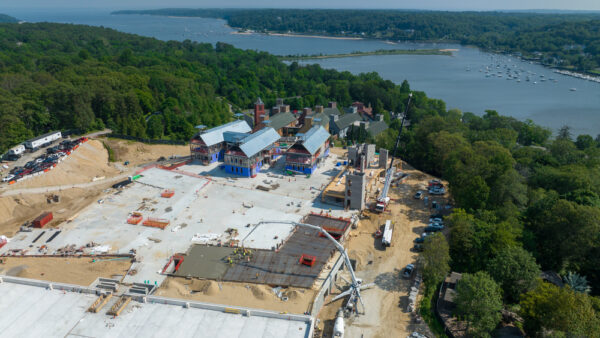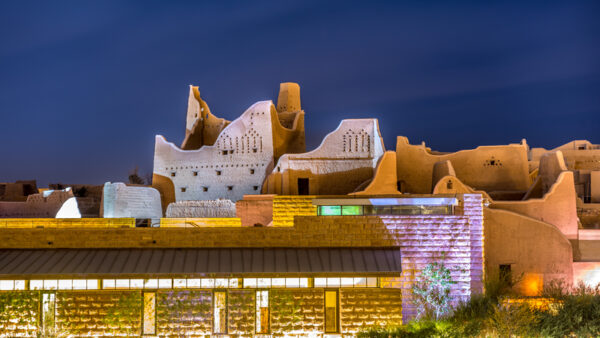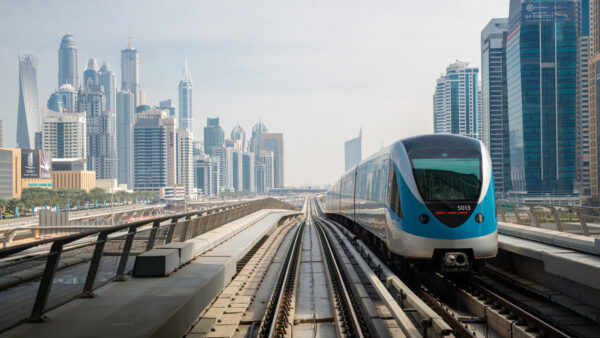The fall of Dubai contracting giant Arabtec highlights the troubles facing the Gulf’s construction industry, says GlobalData’s MEED.
“Tens of thousands of employees, as well as subcontractors and creditors, now find themselves in a precarious financial position should Arabtec’s proposed liquidation proceed,” said Colin Foreman, deputy editor director of GlobalData’s MEED, in a note today.
At the time of shareholders’ vote, the company had some $18bn worth of projects under construction, MEED calculated.
“Regardless of Arabtec’s future, recovering from its decline will be critical not only for the UAE’s construction sector, but its national economy as well,” Foreman said.
After reporting a net loss of AED 794 million ($213m) in the first half of 2020, shareholders voted to pursue liquidation on 30 September, as GCR reported last week.Â
Announcing the decision, company chairman Waleed Al Mokarrab Al Muhairi blamed “limited liquidity in the construction sector” in recent years, which Covid-19 had made worse.
Arabtec Construction had 22 projects underway, worth a combined $5.2bn. Its MEP division, Efeco, had 15 projects under execution and its EPC subsidiary Target Engineering had 13 projects in train, worth a combined $13bn.
MEED observes how even major contractors can fail in the Gulf’s low-margin contracting sector, where oil-price crashes since 2014 have stymied attempts to revive once boundless property markets.
“Arabtec Construction was the unshakeable behemoth of UAE construction a decade ago, growing even amid the global economic meltdown that left Dubai’s developers unable to advance their capital spending plans,” said Foreman.
But he also blamed a decade of management chaos at the company.
Failure to branch out
Arabtec Holding, of which Arabtec Construction is the largest subsidiary, was the first private construction firm to list on the Dubai Financial Market in 2005.
Unaudited results in January 2008 showed a consolidated profit of AED494m for 2007 fiscal year, 127% higher than corresponding 2006 figures.
Â
In 2010, in the aftermath of the global financial crisis, Arabtec shifted its focus to winning work in new markets following the downturn in Dubai.
But while it continued to win new work in the UAE, it struggled to diversify away from Dubai and find greater traction in Saudi Arabia.
Boardroom upheavals
In February 2013, Jordanian businessman Hasan Ismaik was made the CEO of Arabtec, replacing founder Riad Kamal, who resigned after 38 years as CEO.
Ismaik’s replaced the company’s management and his ambitious plans to convert Arabtec into a national champion saw the company’s share price soar from less than AED2 a share to more than AED9 in early 2014.
Investors praised Arabtec’s multibillion-dollar contract signings, new joint ventures and expansion into new sectors.
In April 2014, Ismaik pledged that Arabtec would be one of the world’s 10 largest construction companies by 2018.
However, that June, weeks after he became Arabtec’s largest official shareholder, Ismaik resigned as CEO. Much of Arabtec’s senior management was fired in the months that followed while share prices more than halved and major shareholders changed.
Foreman said: “In the four years since Ismaik’s departure, the company has undergone additional changes in its senior leadership and further restructuring, but, in a declining regional construction market, none have been able to turn around the loss-making contractor. The six years since Ismaik departed highlight how even the most ambitious growth plans can fail in the price-sensitive contracting sector.”
Top image: Arabtec had some $18bn worth of projects under construction (Image courtesy of Arabtec)






